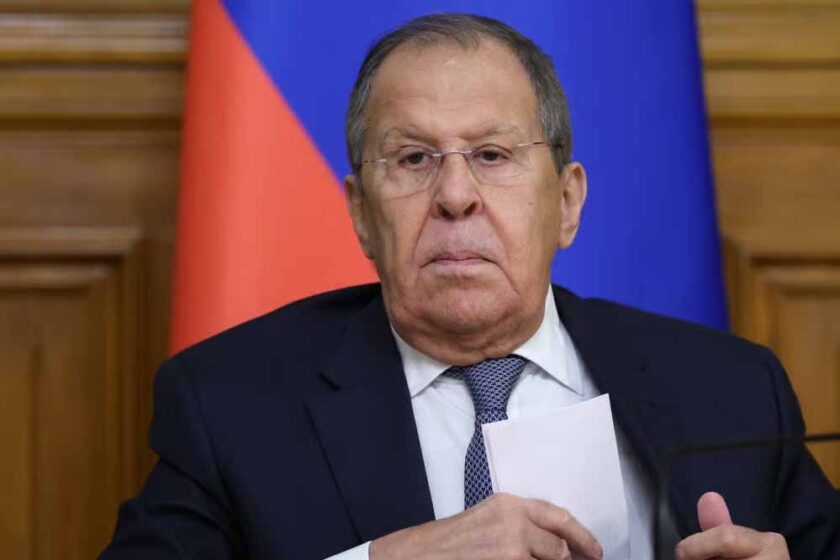Islamabad: Following the deadly terrorist attack in Pahalgam on April 22, India has suspended the Indus Waters Treaty and significantly reduced the flow of water to Pakistan through the Indus River system. This move is now triggering a major water crisis in Pakistan, especially in its Sindh and Punjab provinces, where Kharif crop sowing is underway.
The attack in Pahalgam, which killed 26 people, has led India to adopt a stricter stance, linking water diplomacy with national security. Indian officials cited the need to reassess cooperation until Pakistan stops harbouring and supporting cross-border terrorism.
Water Shortage Alarms Pakistani Farmers
According to data from Pakistan’s Indus River System Authority (IRSA), Sindh province received 1.33 lakh cusecs of water from the Indus River on June 16, compared to 1.6 lakh cusecs on the same day last year — a 17% reduction. Punjab province also witnessed a 2.25% drop, receiving 1.26 lakh cusecs compared to 1.29 lakh cusecs last year.
Agricultural experts warn that this shortfall, coming during the crucial sowing season, could devastate crop yields. Monsoon rains typically arrive in late June or early July in Pakistan’s Punjab region. Until then, the current water shortage could worsen significantly.
“Pakistan’s rivers and reservoirs connected to the Indus are running low. Without adequate irrigation, Kharif sowing is suffering,” said A.K. Bajaj, former chairman of India’s Central Water Commission and ex-Indus Water Treaty commissioner.
Treaty Suspension and Data Blockade
In addition to cutting water flow, India has stopped sharing river-level data with Pakistan, a key provision of the 1960 treaty that allowed for early flood warnings and seasonal planning. This increases Pakistan’s vulnerability to sudden floods during monsoon, as it will have little to no advance information about rising water levels upstream.
The Indus Waters Treaty, brokered by the World Bank in 1960, has historically survived multiple wars and tensions. It allocated full rights to India over the eastern rivers — Ravi, Beas, and Sutlej — while granting Pakistan access to western rivers — Indus, Jhelum, and Chenab — totaling approximately 135 MAF (million acre-feet) of water.

India’s current position is firm: “Blood and water cannot flow together.” Officials argue that sharing water with a nation supporting terrorism is unacceptable.
Pakistan Faces Escalating Crisis
With reservoirs in Pakistan depleting and monsoon rains still weeks away, farmers in Sindh and Punjab are sounding the alarm. Agriculture, a backbone of Pakistan’s economy, is directly threatened. Prolonged water stress could lead to crop failure, food insecurity, and economic instability.
Pakistan has formally objected to India’s move, but diplomatic dialogue remains frozen amid deepening mistrust.
Geopolitical and Environmental Risks
Beyond agriculture, experts warn that the collapse of water-sharing mechanisms could lead to regional instability. With India controlling the upstream flow of all six rivers involved, the suspension of the treaty marks a sharp geopolitical shift that could trigger international concern, especially if water becomes a tool of coercion in South Asia.
As tensions remain high, the world watches closely. The Indus Waters Treaty, once a model of successful water diplomacy, now stands at a crossroads — caught between the harsh realities of terrorism and the urgent need for regional cooperation.










